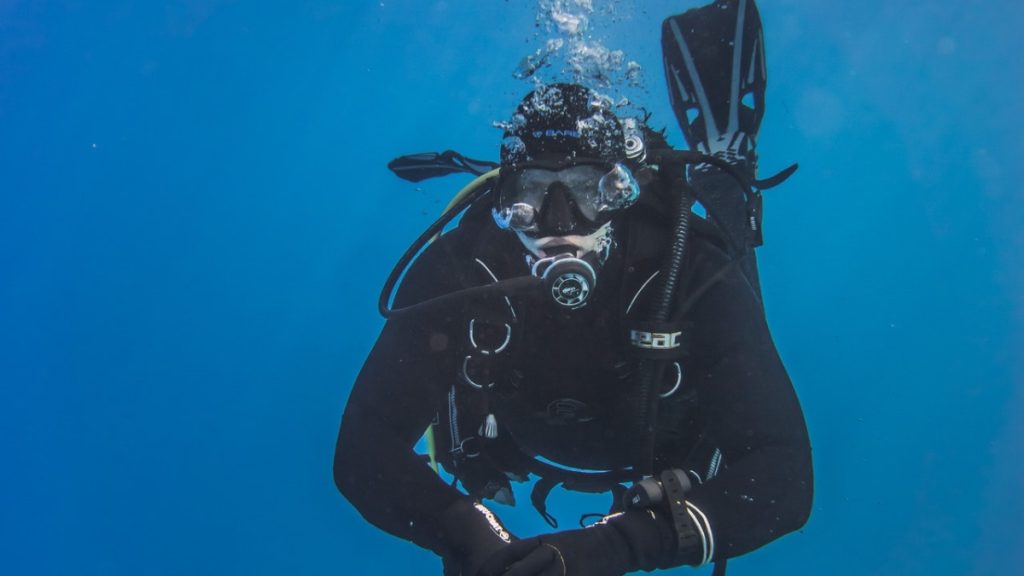When you first start scuba diving, you learn a very important rule: Always keep breathing in a calm, consistent rhythm. You should never hold your breath—when there’s no other available air supply other than your gas tank, it’s crucial to get as much air as you can from your diving regulator.
Here’s a quick guide on how to find the best diving regulator.
The Importance of a Quality Diving Regulator
Your regulator needs to give you a constant air supply while you dive underwater. If that regulator fails while you are deep underwater, you could be in danger. That’s why it’s so important to buy a quality diving regulator—you want to invest the most money in something that will save your life.
But how can you distinguish between a quality and a cheap diving regulator? Here are some factors to look for:
- Anti-corrosion: Submerging in saltwater multiple times is sure to corrode normal metal. And when it comes to regulators, you want to make sure every metal joint is clean enough to pass air through properly. That’s why you need to ensure the metal in your regulator is treated with anti-corrosion material.
- Good mouth fit: The mouthpiece of your regulator should stay in your mouth at all times (unless you’re using a snorkel near the surface). You’ll want a mouthpiece that is comfortable to wear and fits your mouth well enough to give you a tight seal to your air supply.
- Lightweight: Between your tank, BCD, wetsuit (or drysuit if you’re in colder waters), you’ll carry a lot of additional weight while diving. Using a lightweight regulator will help you stay light and nimble under the water.
Cold Water Regulators vs. Other Regulators
While you shop around for different diving regulators, you’ll likely see a few marketed as “cold water regulators.” There are critical differences between cold water regulators and other regulators that may sway your purchasing decision:
- Thermal protection: As you breathe air from your tank, your first regulator (the part that attaches to the tank) will get very cold. That cold temperature can lead to ice buildup that blocks your airflow when you dive in cold water. Cold water regulators have heat sinks that keep that from happening.
- Heavier equipment: Because of that thermal protection, cold water regulators are also heavier than other types.
- Environmental sealing: Your regulator needs to equalize with the surrounding external water pressure—otherwise, it gets harder to breathe the deeper you go. Cold water regulators also have an environmental seal to keep the colder water from getting into the internal mechanics and freezing them up.
You should buy a cold water regulator if you anticipate diving regularly in colder temperatures (60 degrees Fahrenheit or below). Otherwise, you should be fine with a typical regulator.
The Best Regulator Gives Peace of Mind
Finding and using the best diving regulator can give you peace of mind in knowing you can still breathe easily no matter how deep you go. Find the best diving regulator today and start diving with more confidence.

